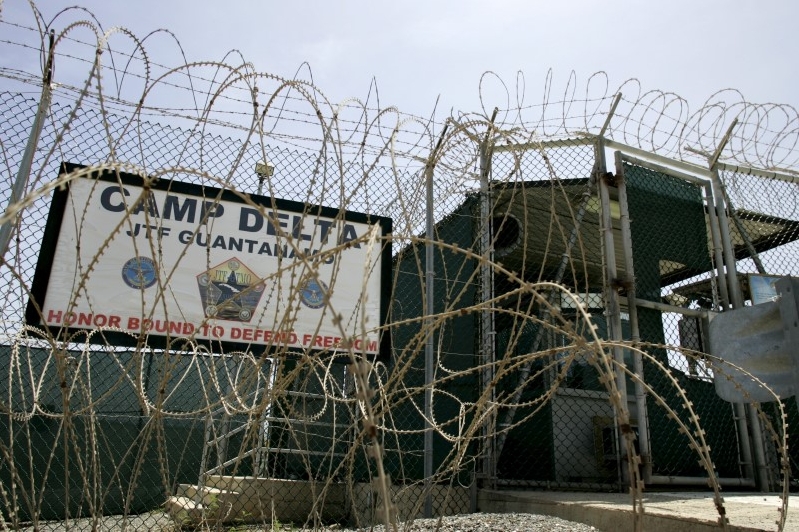
Earlier this week, President Barack Obama has submitted to Congress the proposal regarding the official closure of the Guantanamo Bay prison facility in Cuba. However, various religious groups hold varying opinions regarding the move to shut down the facility.
As proposed by Obama's administration, the Gitmo detainees, who are currently being held at a U.S. naval facility in Cuba, will be transferred to prisons inside the U.S. Although certain groups approve of the closure, many of them noted that more should still be done regarding the welfare of the detainees.
Robert McCarw from the Council on American-Islamic Relations noted that even with Gitmo closed, many detainees will still be held indefinitely in different facilities. This means many of them will most likely spend years in prison without going through a proper court trial.
"We welcome the closure, but we are still very concerned about the prospect of indefinite detention," he told Religion News Service. "We're just importing Guantanamo and its legal framework to American shores. While the prison would be gone, the prisoners would still be a symbol of America's lack of due process."
On the other hand, those who are against the closure of Gitmo stressed that the move could endanger the general public. As noted by Jay Sekulow, the chief counsel for Christian-based activist group American Center for Law and Justice, about a third of low-level Gitmo detainees, who have ties to extremist organizations, are thrown back into circulation to carry out terrorist operations once they are released from the prison facility.
This could then cause bigger problems for the next administration which will have to deal with the seemingly unending terrorist threat towards the country and the rest of the world.
"Closing Gitmo not only places America in grave danger, it bootstraps the next president - continuing a foreign policy that is dangerous to America - a foreign policy that makes it even more difficult to succeed in the War on Terror," Sekulow wrote in a statement according to the Christian Post.







